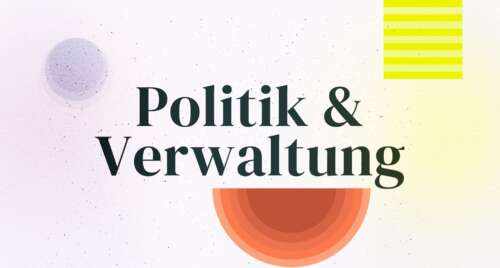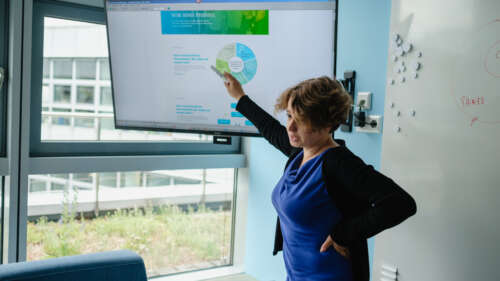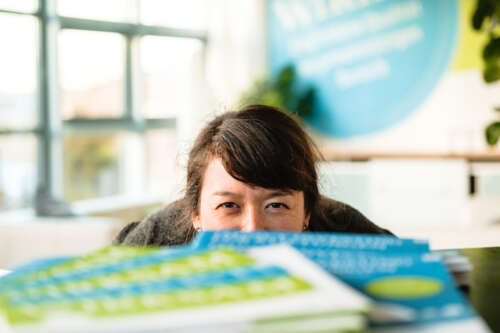Weltoffene Kommune (“World-Open Cities and Communities”) Initiative - from dialogue to cohesion
Local cities and communities are vital venues for diversity, integration and participation. Today more than ever, they have to shape initial conditions that promote a “world-openness”and a good living together. So, how can this be done? The pilot project “Weltoffene Kommune — vom Dialog zum Zusammenhalt” (“World-Open Cities and Communities” — from dialogue to cohesion), funded by the Federal Government Commissioner for Migration, Refugees and Integration, seeks answers to these questions.
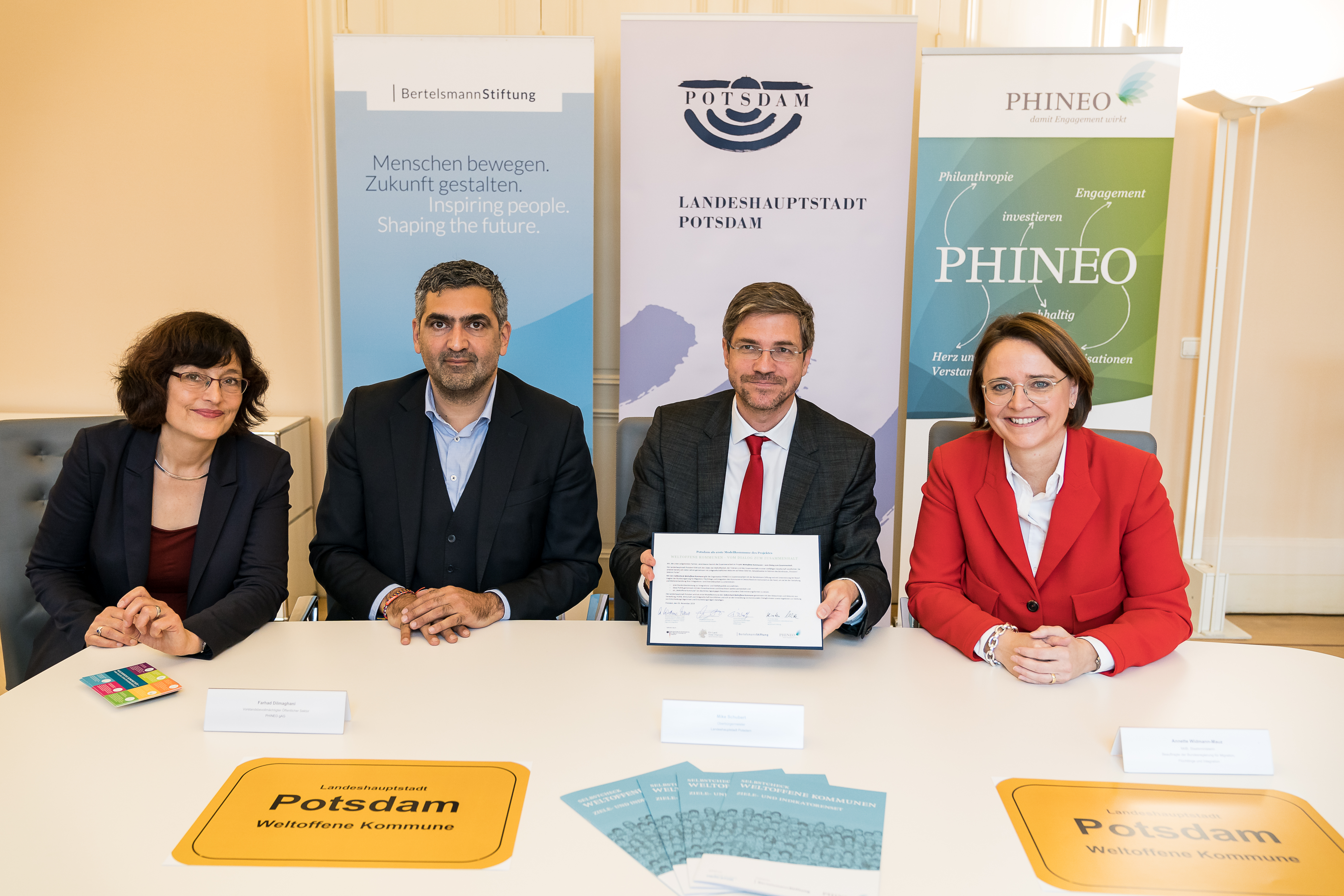
The project, initiated by PHINEO and the Bertelsmann Stiftung, will support up to 40 new cities and communities all over Germany in their welcoming efforts until the beginning of 2022. The pilot project is working on three approaches to achieve this.
Here is an overview of the current pilot cities and communities and process facilitators
Our approach to a solution:
1. Self-check Weltoffene Kommune initiative
At the heart of this approach, is a self-check that helps municipalities to analyze their status quo in terms of their “world-openness”. Based on the results, local authorities plan their next steps in a facilitated workshop to further developtheir work on integration and diversity.
2. Support for decision-makers
Municipal decision-makers are facing a great challenge to respond toa heated social debate and to take a clear stand for “world-openness”and against discrimination and racism. In order to achieve this, the pilot project will develop formats of support specifically tailored to the needs of decision-makers.
3. Civil Dialogue
In order to be “world-open”, local residents must engage in dialogue, jointly shape community issues and develop inclusive narratives. Depending on the initial situation, the pilot project offers the possibility of holding dialogue events between local residents, administration and politics as well as players from business and civil society.
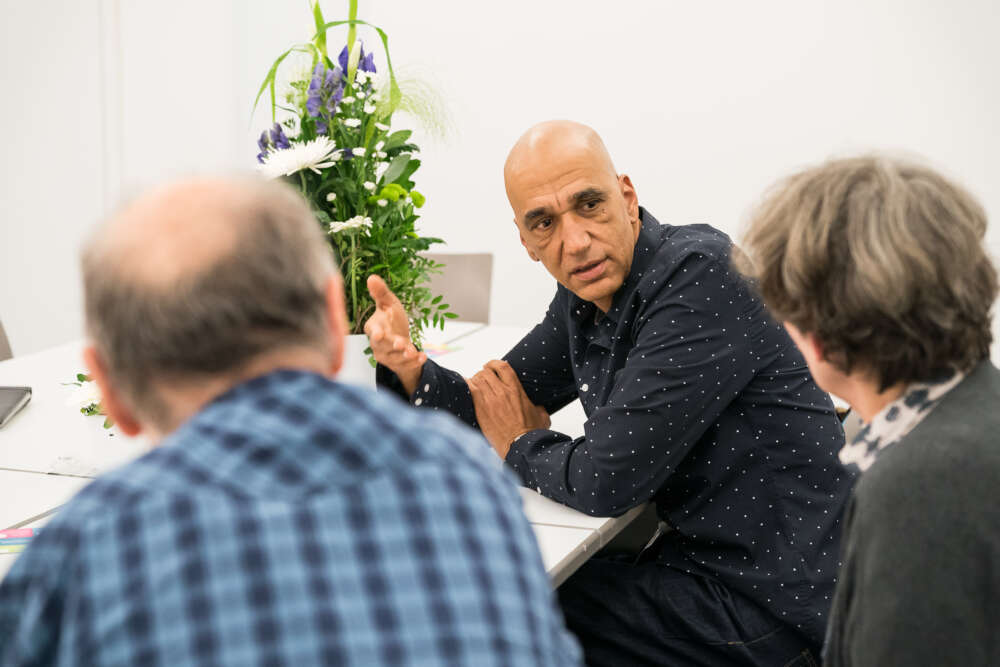
Participation in the pilot project
Requirements
Here you will find detailed information on the project participation (PDF).
Whether your city and community is eligible to participate in the project will be decided after an initial interview. The basic rule is:
- relevant decision-makers support the project and participate in its planning and implementation.
- your city or community will provide a contact person for the project team for the duration of the project, who will ensure the local coordination and the involvement of relevant actors.
- your city or community supports the further development of support services by sharing your learning experiences on the path towards “world-openness” and diversity with the project team.
FAQ
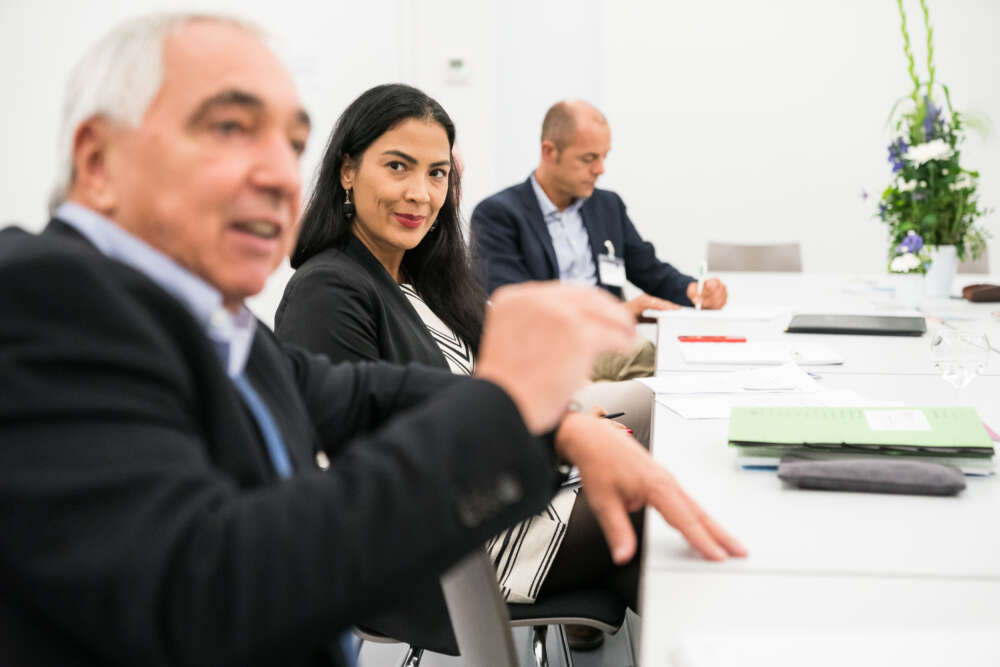
Interested?
We are looking forward to your message!
If your city or community is interested in the pilot project, please send the completed form "Interest in participation" to Bianka Certa!
Partners

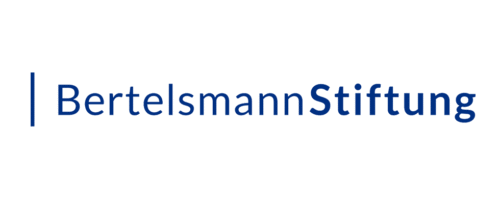


Advisory Board
- Dr. Franziska Becker, expert for research-based consulting for municipalities; conflict mediation in social urban and municipal development
- Prof. Dr. Petra Bendel, Chairwoman of the Scientific Advisory Board of the Federal Office for Migration and Refugees (BAMF)
- Anna Dieterle, project management in the pilot project by Stiftung Mercator and the Council of Experts of German Foundations for Integration and Migration (SVR)
- Anne Keßler, Head of Department SW III 3 — Urban Development Programme “Social City”; ESF in the Federal Ministry of the Interior, for Building and Homeland Affairs (BMI)
- David Lubell, Founder and Chairman of Welcoming America
- Holger Michael, Owner Loud and Clear — Strategic Communication
- Dr. Deniz Nergiz, Managing Director, Federal Immigration and Integration Council
- Marta Neüff, Board Member of the Verband für interkulturelle Wohlfahrtspflege, Empowerment and Diversity
- Belit Onay, Governing Mayor of Hanover
- Ayse Özbabajan, Deputy Director at the Department for Integration Policy of the City of Stuttgart
- Dr. rer. soc. Bettina Reimann, Head of “City and Society” in the research department of Urban development, Law and Social Affairs, German Institute of Urban Affairs
- Timo Reinfrank, Managing Director Amadeu Antonio Foundation
- Dr. Elias Steinhilper, Expert at DeZIM Institute
- Prof. Dr. Hacı-Halil Uslucan, Head of the Foundation Centre for Turkish Studies and Integration Research
- Kirstin Walsleben, Head of division, German Association of German Cities
If you have any questions please contact us:
phone: +49 30 520 065 400
mail: orga@phineo.org or info@phineo.org
